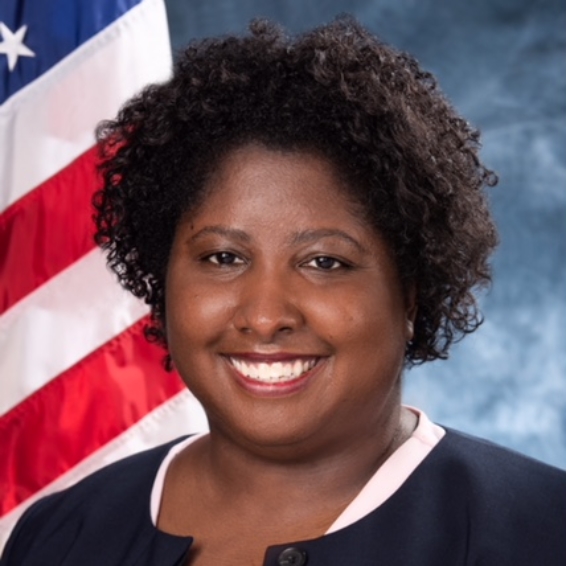Evaluating Law Schools and Mental Health Disability (809H)
This policy lab maps the law school experience for students with psychiatric or mental health disabilities. It identifies barriers for people with psychiatric disabilities to envision themselves as lawyers, navigating the admissions process, flourishing in law school, and becoming successful licensed lawyers. Law school is a demanding experience, and lawyering is a challenging — and inspiring — profession. People with psychiatric disabilities face typical issues that many aspiring and actual lawyers may encounter. However, they also may experience obstacles of bias, unintended bureaucratic hurdles, absent accommodation structures or policies, or challenges due to their disability. Practicum students will conduct a literature review, legal research, and interviews to identify current best practices and needed missing resources. Students will look at the work of advocacy groups for disability, substance use disorder, and formerly incarcerated people, associations for law students and lawyers, programs and policies at ABA member law schools, and innovative programs on mental disability and academia across Stanford’s campus. The practicum aims to delineate the law school process, its pinch points, and opportunities for change for people with psychiatric disabilities. The fall term is an initial step to map out difficulties with the current law school process. The ultimate goal of the practicum is policy recommendations for law schools and other key stakeholders to improve the process and successfully integrate people with psychiatric disabilities into the legal profession. The class is open to Stanford law students and available for cross-registration for other Stanford students. Students with personal experience of psychiatric disability are encouraged to apply, but personal experience is not a requirement. It is intended for those interested in the intersectional and multi-disciplinary investigation of the legal profession and disability. Students will work in teams to produce an initial draft and an oral presentation to the class on a designated portion of the overall project. Additionally, the class will meet weekly to consider assigned reading material, meet interested parties, and discuss progress on team projects.
Policy Client: ABA Commission on Disability Rights
Elements used in grading: Attendance, Class Performance, Class Participation, Written Assignments. This policy lab will be offered in future terms. We encourage students to participate in subsequent quarters if they can do so.
CONSENT APPLICATION: To apply for this course, students must submit a Consent Application Form at SLS Registrar. See the Consent Application Form for instructions and the submission deadline.

